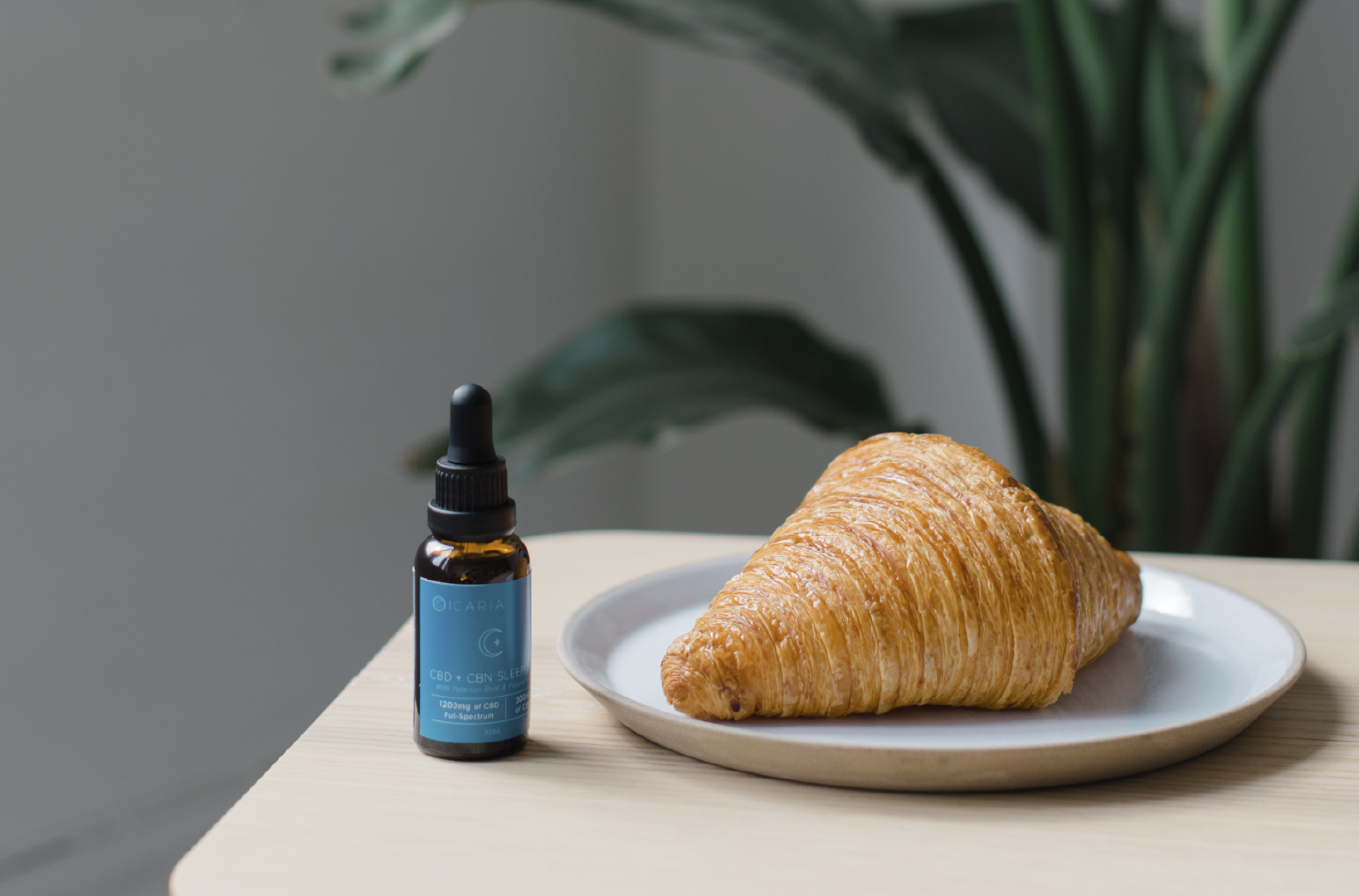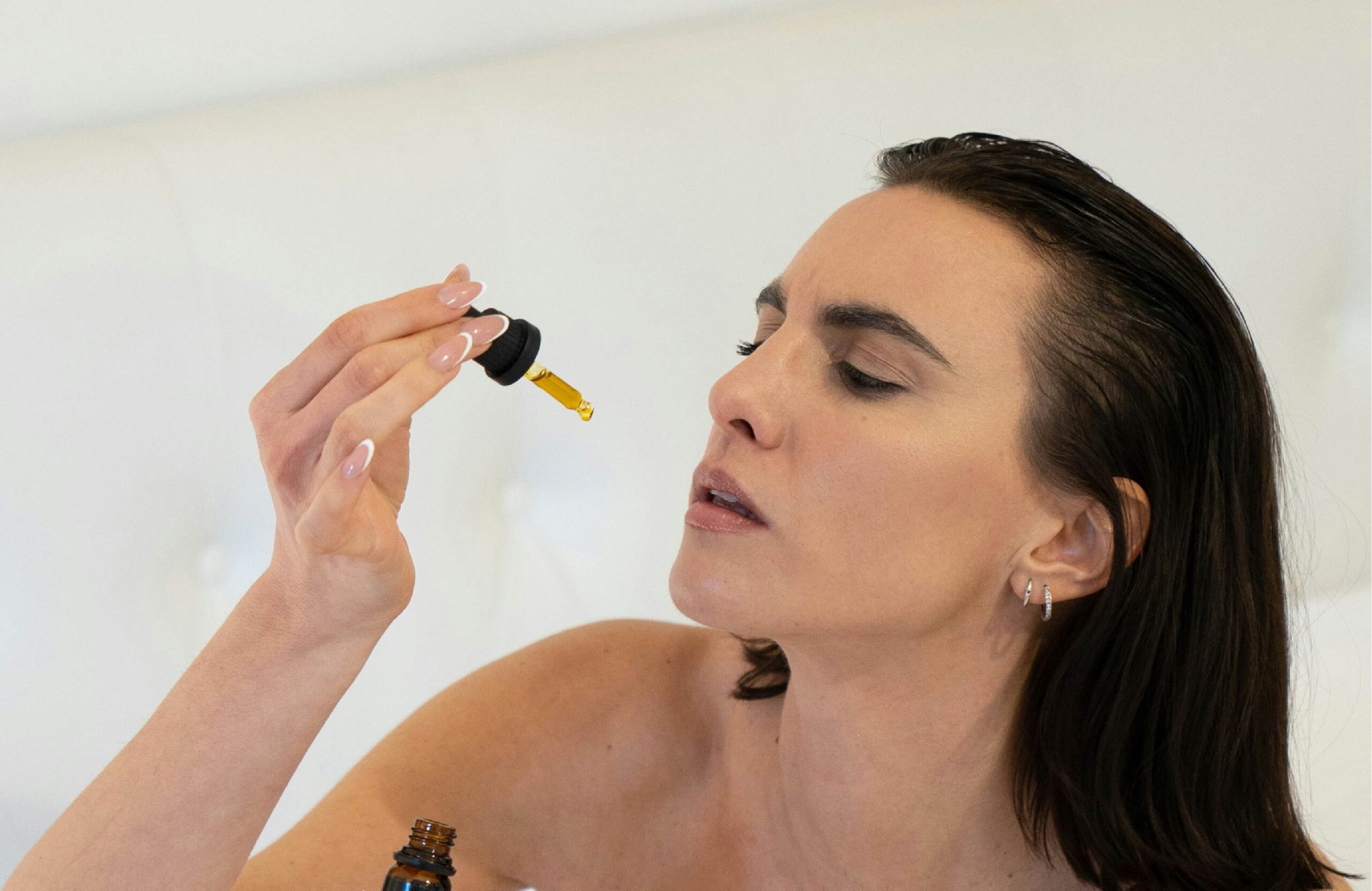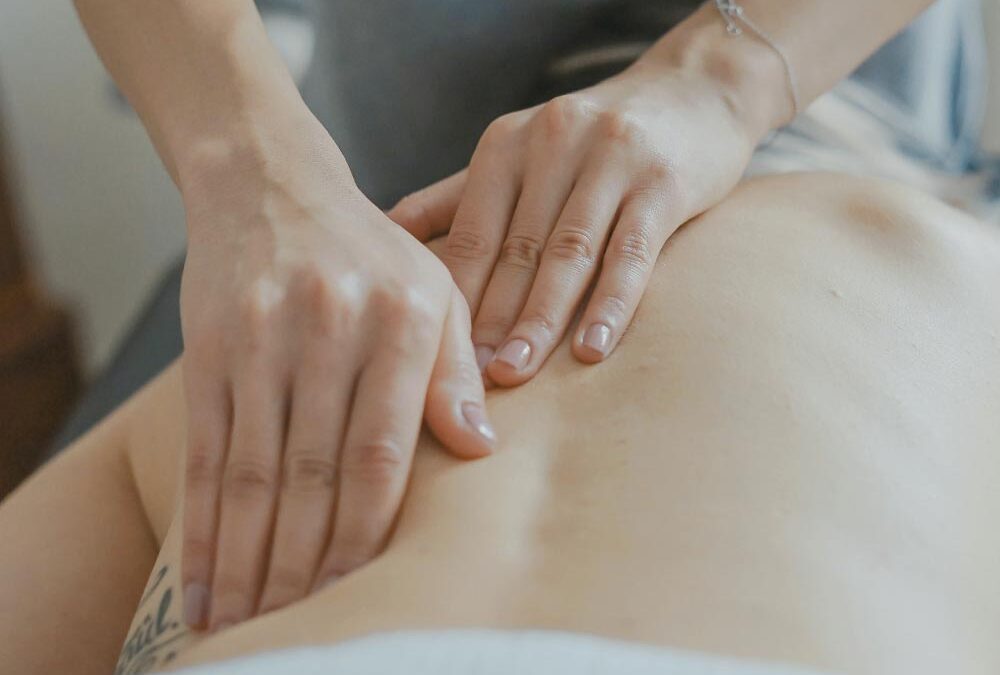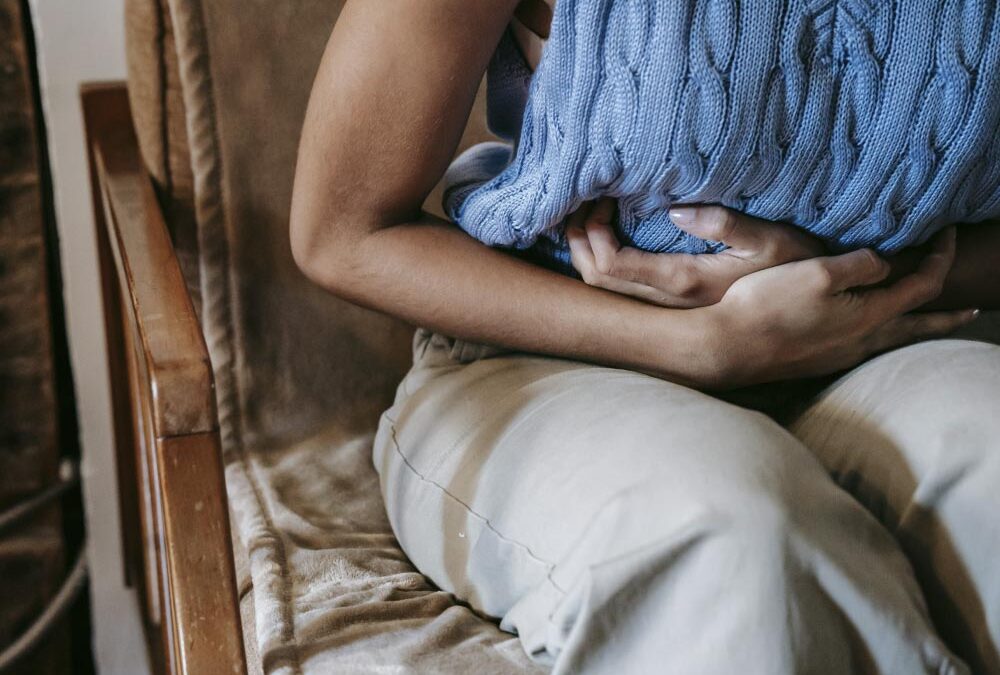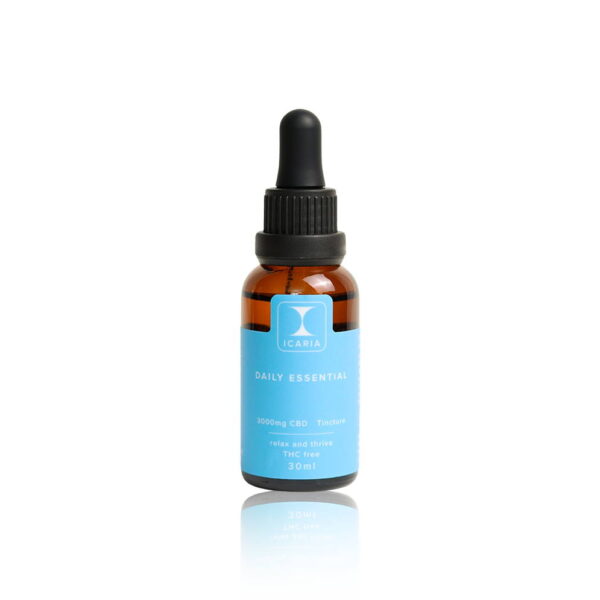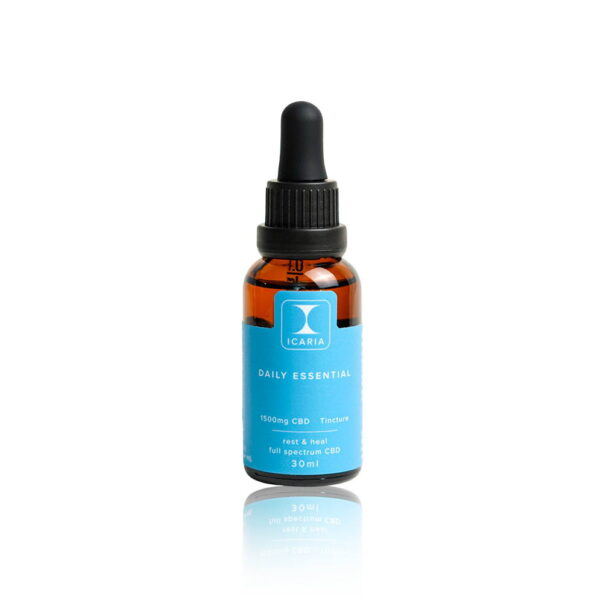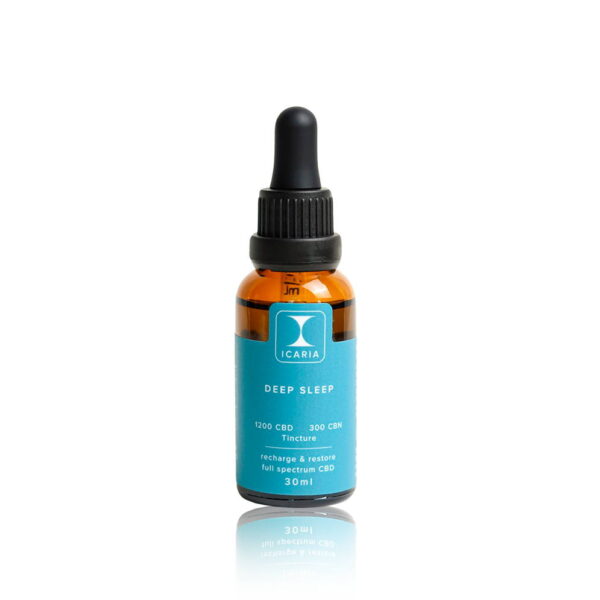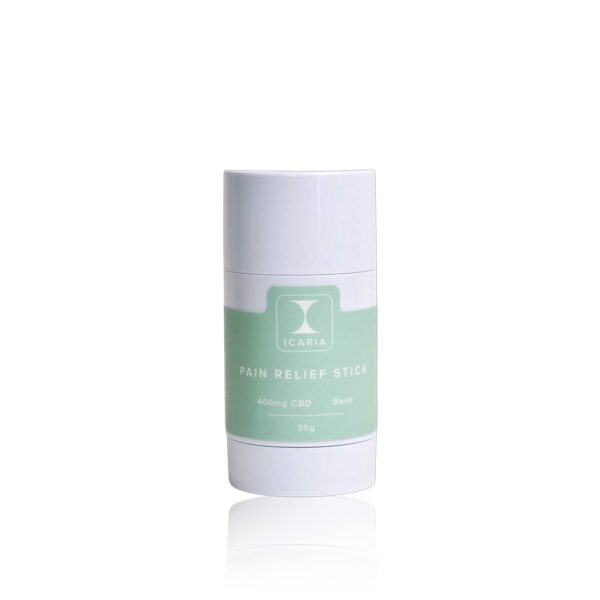With the rising popularity of CBD as a compound and CBD oil as a supplement, its many potential properties have started to be more researched and acknowledged by people. And as with any other supplements, people taking them to keep wondering how said supplements interact with other substances and compounds present in their daily routine such as coffee. So the question is, can you mix coffee and CBD oil?
Did you know that coffee is considered a drug? It might be off-putting for you if we refer to coffee in that way, but that’s exactly what it is—or at least what caffeine is. As with any drug, there’s the potential for adverse interactions when other compounds are added to the mix.
In the case of CBD (or cannabidiol) —which many take for anxiety — there is no wonder why many people may have doubts about the interactions that drugs may have with CBD’s properties.
Let us use this article to answer a simple question that may be going around in your head: Are there any interactions between CBD oil and coffee? The answer is a little more complicated than a mere “yes” or “no.”
What Do CBD and Caffeine Do to You?
Before we dive into any details of what CBD and caffeine do to you, we should first understand how the endocannabinoid system works.
The endocannabinoid system (ECS) is a relatively new discovery that was identified by researchers who were exploring THC. The ECS is a complicated cell-signaling system that works with cannabinoids, which are compounds found in cannabis.
Experts are still trying to fully understand how the ECS works but what we do know is that it plays a major role in regulating a range of functions and processes like sleep, mood, appetite, memory, and reproduction.
The ECS exists and is active within your body even if you do not use any cannabis. The Bottom Line: The endocannabinoid system is located throughout the entire body. It works with cannabinoids to regulate important bodily functions.
The ECS includes three main components which are the endocannabinoids, receptors, and enzymes.
Endocannabinoids are molecules that are produced by your body. They are similar to cannabinoids but they are made in your body. There are two main cannabinoids and one of them is anandamide which you might be familiar with. They help keep things running smoothly and are produced as needed.
The receptors are found throughout your entire body. Endocannabinoids bind to them in order to signal the ECS to do something. There are two main receptors including CB1 which is mostly found in the central nervous system and CB2 which is mostly found in the peripheral nervous system.
There are also enzymes that are responsible for breaking down endocannabinoids once they have completed their job. There are two main enzymes that are responsible for this but they are not relevant to this particular discussion.
Arguably the two most commonly known cannabinoids that are found externally — THC and CBD — are found in the cannabis plant. However, another substance that interacts with the endocannabinoid system is even more common: caffeine.
One study has shown that caffeine and CBD have opposite effects on the endocannabinoid system. While CBD blocks the signals of the neurotransmitters, caffeine activates them.
That being the case, you might be quick to assume that the two are incompatible opposites. But the reality is not this black and white.
Does Caffeine Counteract CBD Oil?
We have already established that CBD and caffeine have very different effects on the body and mind, but does that mean that said effects are opposite and counteractive?
The truth is different dosages of these two compounds can have wildly varying results, so it’s difficult to predict how different doses might interact with one another.
In an interview with Marie Claire, medical director at Canna-Centers, Dr. Bonni Goldstein explained, “It’s unclear at this point the exact interaction between CBD and caffeine. At low doses, CBD is a stimulant, and in higher doses, it can cause sedation… Someone’s reaction to a combination of these compounds would not be easily predictable because various doses of each would affect the response.”
Speaking for the same article, cannabis activist and entrepreneur Jane West agreed: “It’s just not as simple as one effect negating the other. The effects of cannabinoids are concentration-specific.”
At ICARIA, we have always been clear in telling you that all CBD oil journeys are different because each body and each mind are different. This reality, combined with the lack of studies done on the subject of CBD interactions, makes it even more difficult to predict how coffee and CBD will act together. Interestingly enough, the lack of clarity hasn’t prevented many from not only using the two together but actually infusing CBD into their coffee.
Should You Mix CBD Oil and Caffeine?
At the moment, there are not enough science-backed conclusions to give a final answer to this matter. However, there are numerous testimonies that suggest that many people have had a positive experience when using CBD alongside coffee.
For example, a lot of people who use CBD in conjunction with caffeine report that it helps ease some of the jitters that coffee tends to cause, thereby making them alert but calm. And for those who find that taking too much caffeine can give them anxiety—a common side effect when consuming high amounts of coffee—CBD’s anti-anxiety properties can be the ideal solution. What’s more, as a powerful anti-nausea agent, CBD can help those who experience upset stomachs when they drink coffee.
In other words, we have yet to see other studies on how CBD and caffeine interact, but the benefits we do know CBD can deliver can likely be useful to coffee drinkers.
Can CBD Help with Caffeine Withdrawal?
If you’re like many out there who love (or can’t live without) the boost that coffee provides, but hate the physical and mental aftermath, you might be wondering — can CBD help with caffeine withdrawal?
The symptoms of caffeine withdrawal include nausea, headache, anxiety, depression, irritability, and tremors, all of which are treatable with CBD. So if nighttime is dawning on you and you are getting the itch for coffee, CBD might provide exactly the relief you’re looking for.
Tips for Mixing Caffeine with CBD Oil
Here is a useful guide on how you can incorporate CBD oil and coffee as a working duo in your daily routine:
- Don’t start too big, too soon
If you are just starting your CBD oil journey, it means you are probably still figuring out your dosage. And if you have taken coffee for a long time, you might not be aware of the effects it has on your body or mind. All this uncertainty makes it so that it is crucial for you to pace yourself and start at relatively low to moderate doses of each.
- Consider timing
Depending on the potency of your CBD oil of choice, it might take time before it takes effect. That means that if you want it to provide its benefits from your very first cup of coffee, consider consuming your CBD 20-40 minutes before you start drinking your brew.
Likewise, if you’re hoping to stave off the effects of caffeine withdrawal, it might be best to take your CBD before the crash.
- Turn down the heat
Some studies have shown that CBD’s potency can be diminished under extreme heat, so if you plan on adding your CBD oil directly to your coffee, consider choosing an iced drink or give your hot coffee or tea a few minutes to cool down.
Final Words
At this point, we have no evidence that there are health risks to combining CBD oil with caffeine or that a cup of coffee will counteract the CBD oil you take for anxiety or any other issues. So CAN you mix CBD oil and coffee? Yes, and people have reported more cases in which this combination benefited them more than it harmed them.
